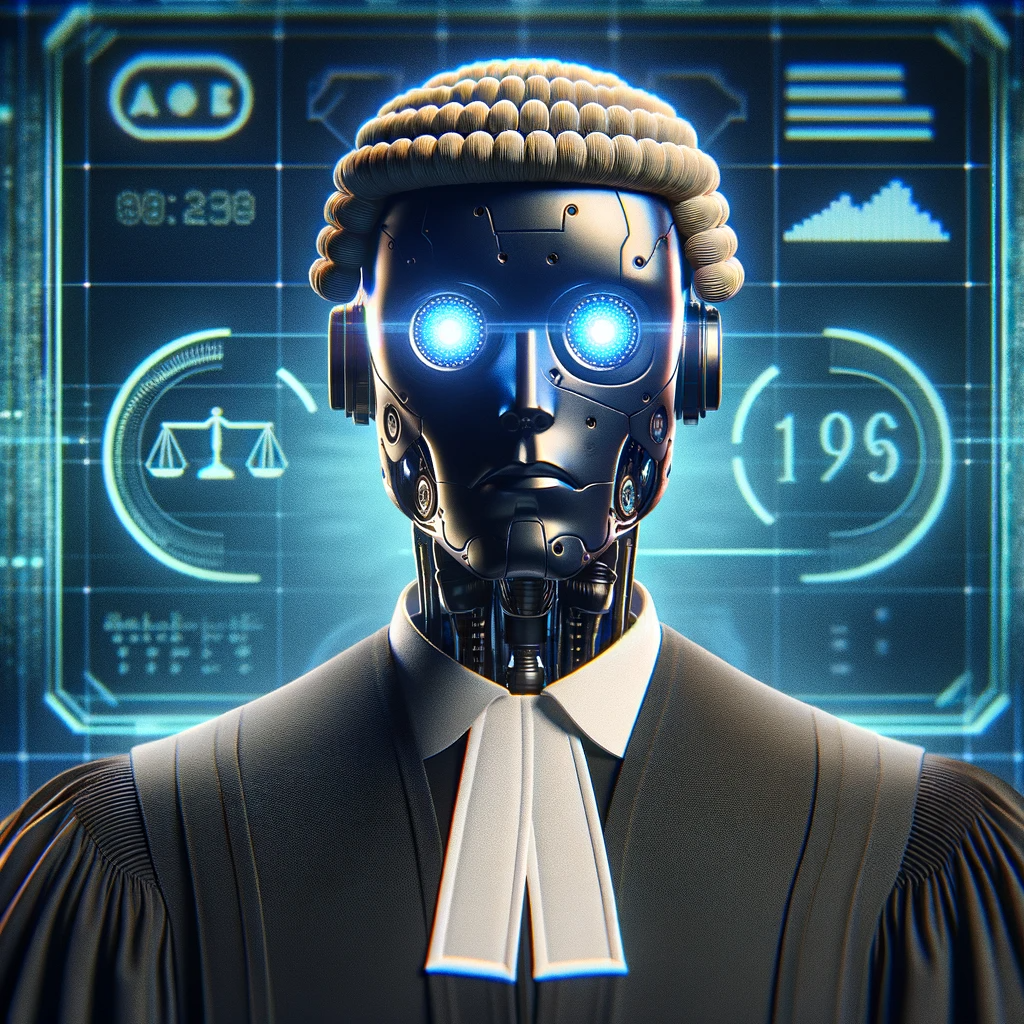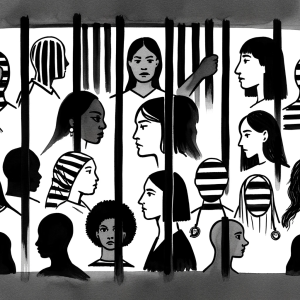
Justice by Algorithm: Unveiling the Implications of AI in Criminal Sentencing
In today’s rapidly evolving technological landscape, the criminal justice system stands at a crossroads between traditional human judgment and the potential integration of Artificial Intelligence (AI). The article “Justice by Algorithm: The Limits of AI in Criminal Sentencing” delves deep into this emerging domain, discussing the potential and pitfalls of employing algorithms in sentencing decisions.
Understanding the Shift: From Gavels to Algorithms
The criminal justice system has been a human endeavor for centuries, with judges, juries, and parole boards making decisions that profoundly impact individuals’ lives. However, as technology has advanced, so has the interest in incorporating AI into this system. Algorithms, like the Correctional Offender Management Profiling for Alternative Sanctions (COMPAS), are now being used to predict a defendant’s risk of reoffending. The allure is clear: algorithms promise a form of objectivity and efficiency that human decision-making might lack.
(Side note: I feel like I am running into the acronym COMPASS in four different projects. ¯\_(ツ)_/¯)
The Double-Edged Sword of AI in Sentencing
The adoption of AI in criminal sentencing isn’t without its critics and controversies. For example, COMPAS has faced significant scrutiny for its potential racial biases and accuracy concerns. The core of the debate centers around the balance between the potential benefits of AI, such as consistency and impartiality, against the moral and ethical implications of removing the human element from such a profoundly impactful process.
The Value of Condemnation in Sentencing
One of the critical arguments presented in the article is the value of condemnation in sentencing. Sentencing isn’t just about determining a punishment; it’s about expressing societal disapproval for the crime committed. This condemnation carries moral weight and signifies the community’s commitment to upholding certain values and standards. The fear is that reliance on algorithms might dilute or even erase this vital aspect of sentencing.
Meaningful Public Control: A Necessary Principle
The article argues for “meaningful public control” in all sentencing decisions. This doesn’t mean algorithms can’t be used, but there should be strict limits on their construction and application. Essentially, even as we might leverage technology to assist in decision-making, the ultimate responsibility and moral authority should remain firmly in the hands of human beings who represent the community’s values and ethical standards.
Implications for the Everyday Person
What does all this mean for you and me?
As citizens and potential subjects of the justice system, integrating AI into sentencing decisions can affect fairness, transparency, and the moral integrity of the legal process. It’s about ensuring that as we embrace new technologies, we don’t lose sight of the human values and ethical considerations that form the backbone of justice.
The Path Forward: Balancing Technology and Humanity
The integration of AI into criminal sentencing poses both opportunities and challenges. The path forward involves a careful, nuanced approach that respects the potential of technology while safeguarding the moral and ethical framework of the criminal justice system. It requires a dialogue between technologists, legal experts, ethicists, and the public to ensure that as we innovate, we do not lose sight of justice’s fundamental human core.
Conclusion
Justice by Algorithm critically examines the intersection between AI and criminal justice, highlighting the need for a principled approach that balances efficiency with ethical and moral considerations. As we stand on the brink of significant changes in how justice is administered, society must engage in these discussions, understanding the implications and guiding the future of our legal systems with a firm, ethical hand.
Transform Your World Through Science:
Transform your world each week with ‘This Week in Science’! Our newsletter is a gateway for educators and science enthusiasts to the scientific community’s most recent and inspiring happenings. Subscribe for a weekly dose of groundbreaking research and stories that ignite your passion for learning and teaching. It’s completely free to sign up – embark on a transformative journey that alters how you perceive, teach, and relish the marvels of science.



